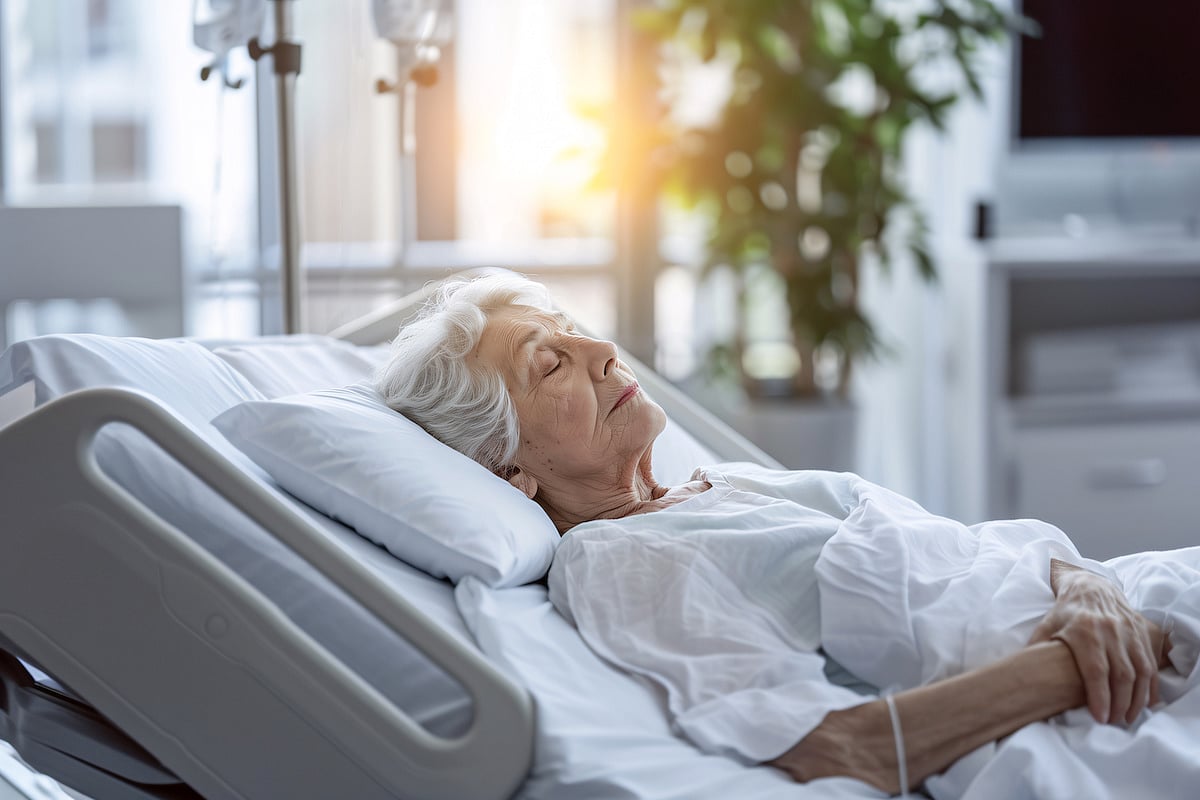Recursos del Paciente
Manténgase sano!
Hospital Patients Can Bring 'Superbugs' Home
- August 9, 2024
- Dennis Thompson
- HealthDay Reporter

Patients discharged from a hospital stay are bringing antibiotic-resistant “superbugs†home with them, a new study warns.
Family members of recently discharged patients are 71 times more likely to get a MRSA infection after their return, compared with people who didn’t have a hospitalization in their family, researchers found.
Worse, the longer a relative’s hospital stay, the higher the risk to family members -- even if the hospital patient was never diagnosed with MRSA.
“Patients can become colonized with MRSA during their hospital stay and transmit MRSA to their household members,†said lead researcher Aaron Miller, a research assistant professor of internal medicine-infectious diseases at the University of Iowa.
“This suggests hospitals contribute to the spread of MRSA into the community through discharged patients who are asymptomatic carriers,†Miller added.
Infections of methicillin-resistant Staphylococcus aureus (MRSA) don’t respond to common antibiotics, making them difficult to treat, researchers said in background notes. MRSA infections can be deadly if they spread to the blood or the lungs.
MRSA usually spreads in hospitals and healthcare settings, but it can also be transmitted in communities, usually through skin-to skin contact.
For the study, researchers analyzed a database of insurance claims from 158 million enrollees with two or more family members on the same plan.
The team identified more than 424,000 MRSA cases among roughly 343,000 insured people.
These included more than 4,700 cases of MRSA potentially transmitted to a family member by a recently hospitalized patient who was diagnosed with the superbug.
Researchers also found another 8,000 potential transmissions among families involving a recently discharged patient who hadn’t been diagnosed with MRSA.
Having a family member in a household who was hospitalized but not diagnosed with MRSA still increased relatives’ risk of becoming infected with the superbug by 44%, results show.
The more time a family member spent in the hospital, the more likely it became that someone in their household would get MRSA, researchers found.
A stay of one to three days was associated with a 34% increased risk of MRSA among family members at home, while a stay of four to 10 days was linked to a 49% increased risk.
Hospitalizations longer than 10 days appeared to increase risk of a household MRSA infection by 70% to 80%, results showed.
The new study was published Aug. 7 in the journal Infection Control & Hospital Epidemiology.
“This important study illustrates the risk of spread of resistant pathogens related to healthcare and highlights the essential importance of core infection practices,†Dr. Thomas Talbot, chief hospital epidemiologist at Vanderbilt University Medical Center and president of the Society for Healthcare Epidemiology of America, said in a journal news release. Talbot was not involved with the research.
“Hand hygiene, environmental cleaning and standard interventions to reduce Staphylococcal colonization are crucial to preventing the spread of resistant bacteria in healthcare settings,†Talbot said.
However, Miller noted that “while we identified a significant risk factor for transmission in the household and community the absolute risk remains relatively low. It is important to not over-emphasize the hospital stay risk.â€
More information
The U.S. Centers for Disease Control and Prevention has more about preventing MRSA.
SOURCE: Society for Healthcare Epidemiology of America, news release, Aug. 7, 2024

